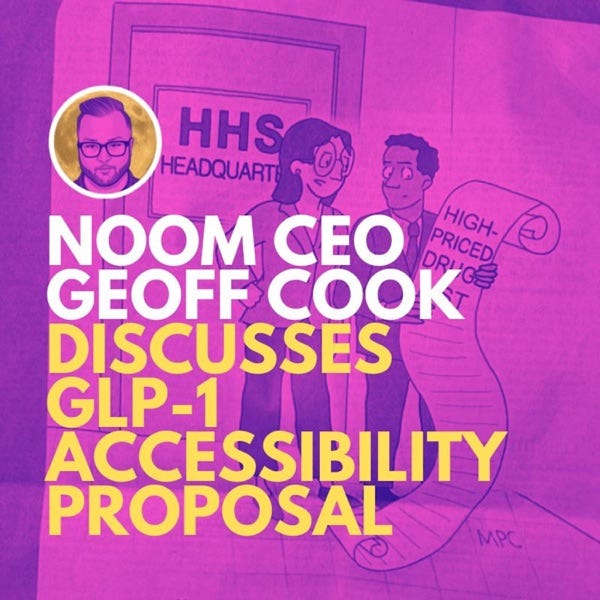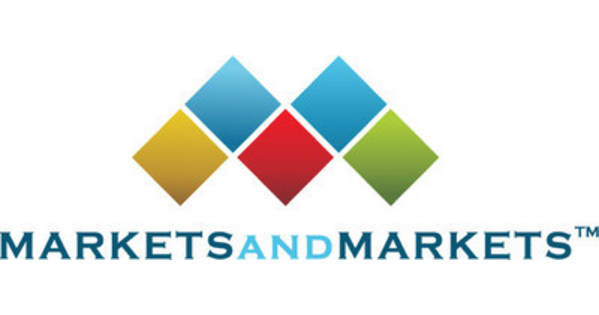Potential Changes to Access for Compound Tirzepatide

This week, the Trump administration unveiled plans to revive a comprehensive Medicare reform, featuring a modified version of the Most Favored Nation (MFN) pricing model. The MFN policy seeks to align U.S. drug prices with those of other developed nations, with the goal of reducing costs. However, past attempts at similar reforms have encountered substantial obstacles and were eventually abandoned. The current announcement lacks concrete implementation strategies, leading to skepticism regarding its potential effectiveness.
Patients continue to struggle with high medication costs, particularly for drugs like GLP-1s. A recent court decision against the Outsourcing Facilities Association (OFA) has further restricted access to compounded versions of these drugs, eliminating a crucial affordability option for many individuals. In response to these challenges, Geoff Cook, CEO of Noom, has proposed an alternative solution.
In a recent episode of the podcast, "On The Pen," Cook introduced the concept of a High-Priced Drug List. This list would identify medications with significantly higher prices in the U.S. compared to other countries. According to Cook's proposal, if a drug's U.S. price is more than twice the average price in comparable nations, it would be eligible for compounding by 503B outsourcing facilities, regardless of whether it is in physical shortage.
This approach avoids direct price controls and instead promotes market competition, incentivizing manufacturers to reevaluate excessively high prices. It utilizes existing FDA mechanisms to enhance access without requiring new legislation. Cook’s proposal aligns with the principles of the MFN model but offers a more immediate and actionable approach.
By emphasizing affordability and access, Cook's proposal addresses the urgent needs of patients burdened by high medication costs. As the Trump administration reconsiders drug pricing reforms, incorporating innovative ideas like Cook’s could facilitate meaningful change. Prioritizing patient access and affordability is crucial in the ongoing healthcare policy debate.










